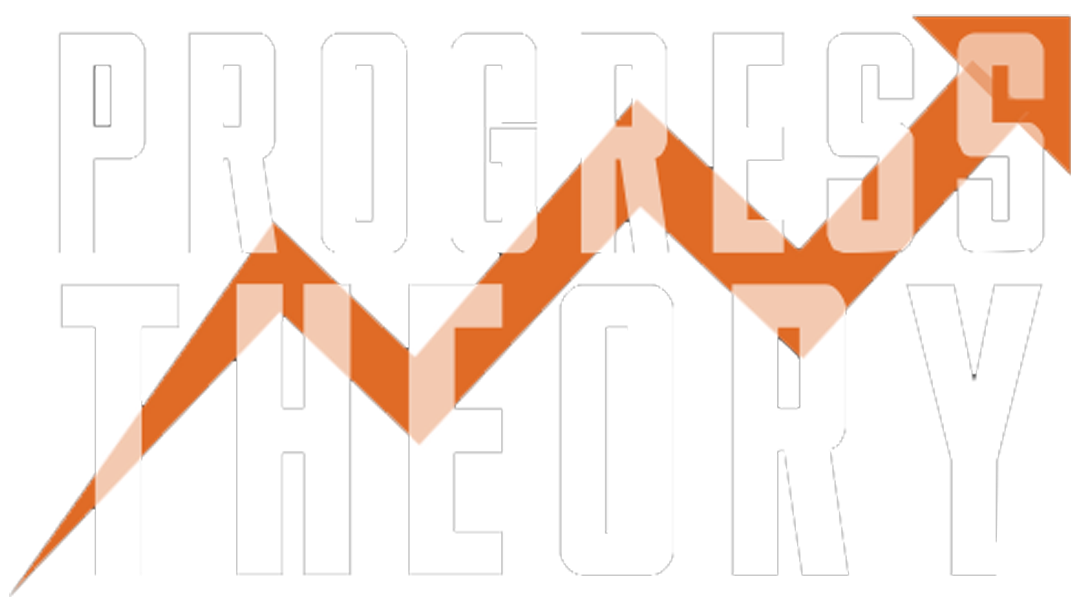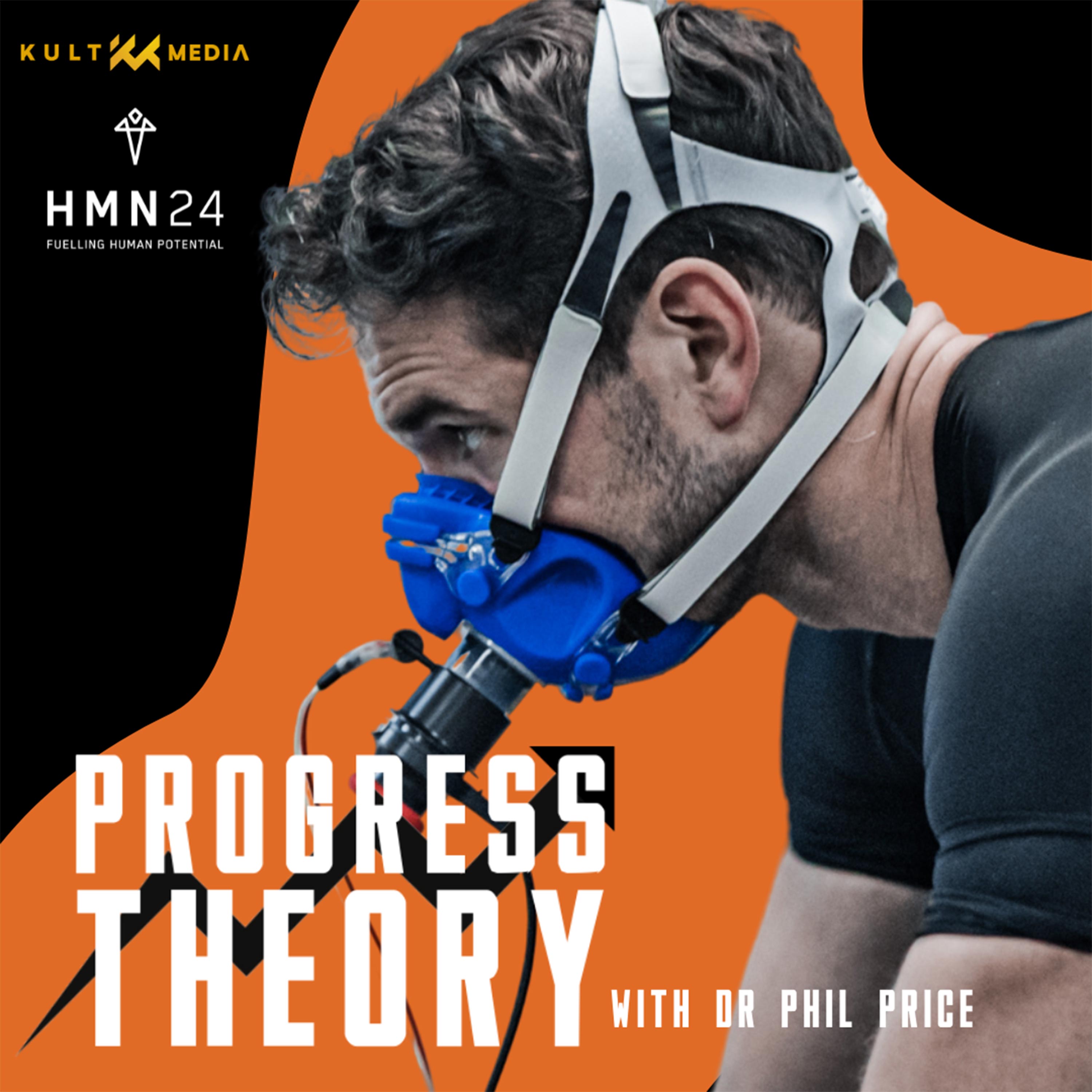How To Become An Astronaut! with Dr Meganne Christian
Welcome to another inspiring episode of The Progress Theory, where host Dr Phil Price dives into the science behind human performance and achievement. In today’s episode, Phil sits down with Dr Meganne Christian, a UK astronaut and European Space Agency reserve astronaut, whose unconventional journey is as fascinating as it is motivating.
From her roots in the UK and Australia, through her career as a material scientist, to a transformative year spent in Antarctic darkness and isolation, Meganne’s story is a testament to pushing personal and professional boundaries. Together, Phil and Meganne explore the pivotal experiences and mindset that led her to conquer the notoriously challenging ESA astronaut selection process—revealing the surprising mix of technical skills, resilience, teamwork, and honest self-reflection required to thrive.
With tales of Antarctic survival, candid insights into what space agencies really look for, and practical advice for anyone dreaming of venturing into space or tackling life’s most demanding challenges, this episode offers an exclusive glimpse behind the scenes of human exploration at its most extreme. Whether you’re an aspiring astronaut, a science enthusiast, or simply someone seeking a push to go after your own “impossible” goal, there’s something here for you.
So, strap in as we journey from the Antarctic ice to the stars and uncover what it really takes to reach new heights—both on this planet and beyond.
In this episode, we discuss:
- 00:00 Introduction
- 05:12 Isolation's Psychological Challenge
- 08:50 Embracing the Learning Curve
- 09:55 Self-Reflection in Extreme Environments
- 15:30 Astronauts' Challenging Tasks in Space
- 19:12 Job Application Process Overview
- 22:25 ESA Selection Panel Interview Summary
- 24:19 Testing Fears: Memory Test Challenge
- 28:47 "Building Experience for Selection"
- 31:59 UK Astronauts and Space Station Fitness
- 34:04 Getting Involved in Space Projects
- 38:22 Lunar Peaceful Cooperation Proposal
Takeaways
Embrace Diverse Experience: The ESA values not just academic achievement but a proven ability to thrive in extreme and varied environments. My time in Antarctica challenged me physically and mentally and helped me develop resilience, teamwork, and adaptability—skills crucial for future astronauts.
Pursue What You Love: There’s no single path to becoming an astronaut. Success lies in excelling at what excites you—whether that’s engineering, science, or field research. Loving what you do not only builds expertise but also nurtures the enthusiasm agencies look for.
Seize Opportunities—Big and Small: From responding to unexpected emails offering unique roles to keeping an eye out for space sector projects, sometimes the most unexpected opportunities set you on the path to your goals. Be ready to put yourself forward, even when you’re unsure!
FOLLOW OUR PODCAST
Follow our Host / Guest
Resources Mentioned
- European Space Agency
- UK Space Agency
- International Space Station
- Concordia Station
- International Antarctic Center
For all our other episodes and to get in touch, please visit www.theprogresstheory.com.
Thanks for listening!
This podcast is hosted by Captivate, try it yourself for free.
KULT Media 2023
Mentioned in this episode:
Progress Theory Newsletter
The Progress Theory newsletter. If you want the latest information and recommendations on how to optimise your physical and mental performance, then subscribe to the free Progress Theory newsletter on Substack today. Click the link in the show notes and subscribe to get the best information on human performance sent straight to your email. https://theprogresstheory.substack.com/ Sign up today.
Podcast Produced By KULT Media
Before we wrap up, I want to give a shout-out and my thanks to my production partner, Kult Media. If you are thinking of launching a podcast or want to grow your audience, head to www.kult.media to get started today.
The Science of Hybrid Training
It was originally thought that you could not effectively train for both strength and endurance at the same time because they required different adaptations which were not compatible with each other. It was claimed that ‘an interference effect’, blunted the adaptations for strength if you simultaneously trained for endurance. However, recent developments in sports which require both strength and endurance have really challenged this idea, with hybrid athletes producing impressive performances in both strength and endurance sports together. This had led scientists, coaches, and athletes to rethink what is humanly possible and suggests the interference effect is not as influential as originally thought. But what is a hybrid athlete? What is the ‘interference effect’? And how can we maximize our training to improve at the same time our strength and endurance performance? In this book, Dr Phil Price provides insight into the misconceptions surrounding strength and endurance training by distilling the past 50 years of research and drawing on the conversations he had with great scientists, coaches, and athletes on The Progress Theory podcast. This book is essential reading for hybrid athletes and coaches who are looking to understand the key training variables and their effect on the simultaneous development of strength and endurance performance.

